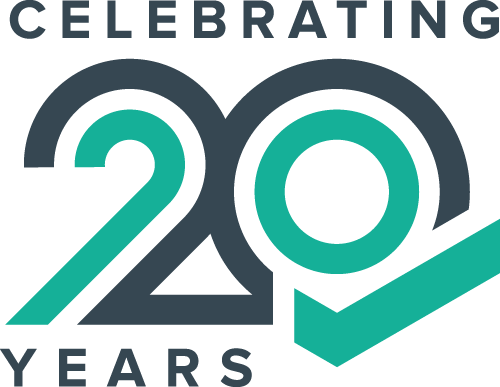Timeline blog: 2006-2007 – the start of a green and digital future
14 May 2024
In the second of our blogs charting the history of LCL Awards, then known as Logic Certification, we’re looking back at 2006 and 2007 – the start of LCL’s renewables journey. Still in its infancy, the company designed and developed a new Solar Thermal qualification, embraced technological advancements and introduced new guidance documents to make delivering gas qualifications a little easier.
Renewable obligations
Since the start of the Millennium, as part of its climate change programme, The Government encouraged industry to support an increase in renewable energy sources. The Department of Trade and Industry introduced Renewables Obligations, administered by Ofgem and designed to incentivise renewable generation, in 2002 in England and Scotland and 2005 in Northern Ireland.
Schemes to incentivise the public to invest in renewable energy were a few years off (the notion of Feed-in-Tariffs (FiTs) wasn’t introduced until 1 April 2011), but the path was being laid for positive initiatives and the need for trained installers to work with the new technology.
In response to this new emphasis on ‘going green’, Logic Certification launched its first renewables qualification in 2006, a Level 3 Award in the Installation and Maintenance of Solar Thermal Hot Water.
Electronic assessments
Ever keen to embrace technical advancements to improve the delivery of its qualifications, while consolidating administrative processes, Logic Certification was quick off the blocks in 2006, launching an Electronic Assessment Programme (EAP) system which streamlined ACS written assessments and started the move away from paper-based assessment.
The system proved so successful that it was only withdrawn from use at the start of 2024, when the new EAP-XAMS system was rolled out.
Gas guidance
Another initiative for Gas ACS courses was the launch of Logic Certification’s first Domestic Gas Manual in 2007. It was designed to support approved centres in qualification delivery while ensuring standardisation across the board.
This was the first of now a wide range of supporting material offered to LCL Awards centres, developed over the years to cover all the company’s qualifications. Typically, for each course there’s now a training manual, PowerPoint presentation, set of worksheets and other industry guidance documents to ensure consistency across the board.
These training manuals offer valuable guidance and reference materials for participants to utilise following the completion of a course. They contain comprehensive information, practical examples, and exercises to reinforce the learning outcomes and help individuals apply their newfound knowledge in real-world scenarios.
More information on the training support material and gas guides can be found here.

In the second of our blogs charting the history of LCL Awards, then known as Logic Certification, we’re looking back at 2006 and 2007 – the start of LCL’s renewables journey. Still in its infancy, the company designed and developed a new Solar Thermal qualification, embraced technological advancements and introduced new guidance documents to make delivering gas qualifications a little easier.
Renewable obligations
Since the start of the Millennium, as part of its climate change programme, The Government encouraged industry to support an increase in renewable energy sources. The Department of Trade and Industry introduced Renewables Obligations, administered by Ofgem and designed to incentivise renewable generation, in 2002 in England and Scotland and 2005 in Northern Ireland.
Schemes to incentivise the public to invest in renewable energy were a few years off (the notion of Feed-in-Tariffs (FiTs) wasn’t introduced until 1 April 2011), but the path was being laid for positive initiatives and the need for trained installers to work with the new technology.
In response to this new emphasis on ‘going green’, Logic Certification launched its first renewables qualification in 2006, a Level 3 Award in the Installation and Maintenance of Solar Thermal Hot Water.
Electronic assessments
Ever keen to embrace technical advancements to improve the delivery of its qualifications, while consolidating administrative processes, Logic Certification was quick off the blocks in 2006, launching an Electronic Assessment Programme (EAP) system which streamlined ACS written assessments and started the move away from paper-based assessment.
The system proved so successful that it was only withdrawn from use at the start of 2024, when the new EAP-XAMS system was rolled out.
Gas guidance
Another initiative for Gas ACS courses was the launch of Logic Certification’s first Domestic Gas Manual in 2007. It was designed to support approved centres in qualification delivery while ensuring standardisation across the board.
This was the first of now a wide range of supporting material offered to LCL Awards centres, developed over the years to cover all the company’s qualifications. Typically, for each course there’s now a training manual, PowerPoint presentation, set of worksheets and other industry guidance documents to ensure consistency across the board.
These training manuals offer valuable guidance and reference materials for participants to utilise following the completion of a course. They contain comprehensive information, practical examples, and exercises to reinforce the learning outcomes and help individuals apply their newfound knowledge in real-world scenarios.
More information on the training support material and gas guides can be found here.

